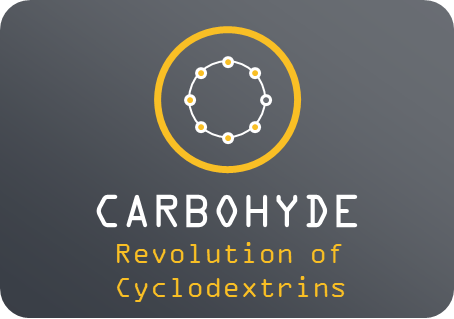Glycosylation, a near-universal feature of this class of drugs, is a critical quality attribute that significantly influences the physical properties, safety profile and biological activity of therapeutic proteins. Optimizing protein glycosylation offers an important avenue to developing more efficacious therapies.
In this review, Nathan Lewis’s team discusses specific examples of how variations in glycan structure and glycoengineering impact the stability, safety, and clinical efficacy of protein-based drugs that are already in the market and those still in preclinical development. We also highlight the impact of glycosylation on next-generation biologics such as T cell-based cancer therapy and gene therapy.
Please see the full article in this link!

